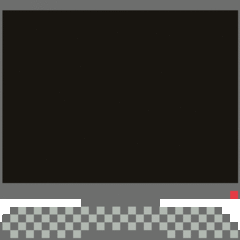-
Topics
-
0
-
ShadowChaser ·
Posted in New Builds and Planning0 -
0
-
Nicolas Bossus ·
Posted in New Builds and Planning0 -
Lota_9 ·
Posted in Storage Devices0 -
0
-
0
-
0
-
Shadow13 ·
Posted in New Builds and Planning2 -
Eamonc26 ·
Posted in General Discussion0
-
-
play_circle_filled

Latest From ShortCircuit:
The World's Fastest CPU (Technically...) - Intel i9-14900KS


.png.255947720031a641abdac78e663b681c.png)













Create an account or sign in to comment
You need to be a member in order to leave a comment
Create an account
Sign up for a new account in our community. It's easy!
Register a new accountSign in
Already have an account? Sign in here.
Sign In Now